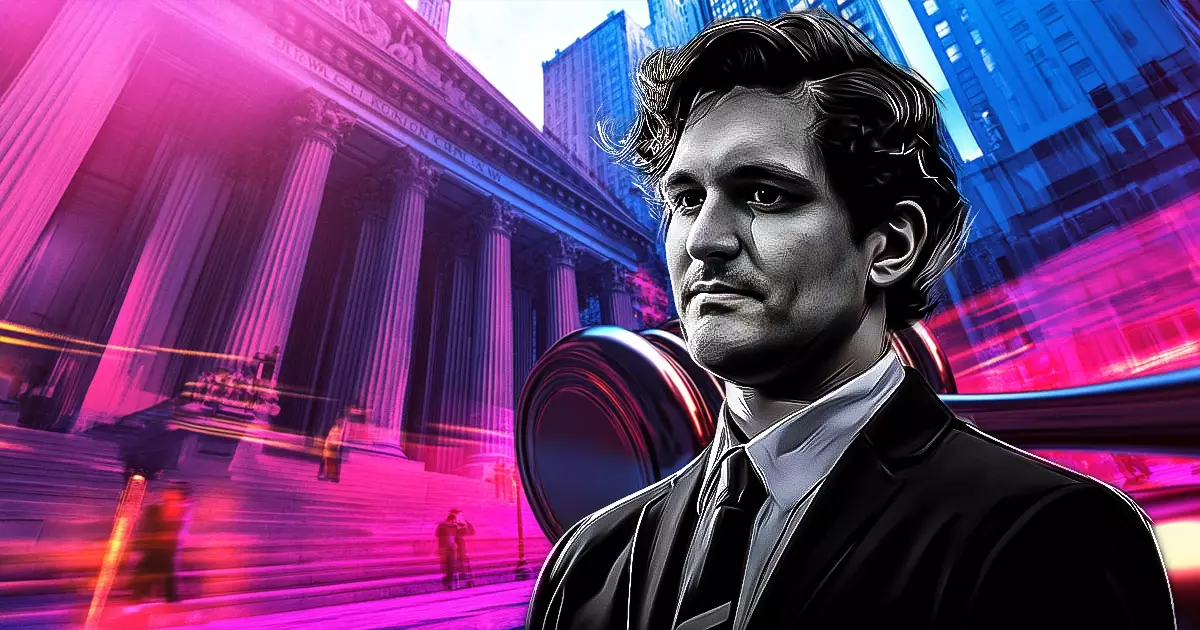Recent developments in the Sam Bankman-Fried case have revealed a decisive setback for the former cryptocurrency mogul. The US authorities have officially rejected Bankman-Fried’s appeal aimed at overturning both his conviction and sentencing linked to the spectacular collapse of his cryptocurrency exchange, FTX. In a comprehensive court filing, the government thoroughly examined Bankman-Fried’s claims and decisively found merit in neither his arguments nor his assertions regarding judicial bias and procedural failings throughout his trial.
Bankman-Fried, the mind behind the once-prominent FTX exchange, initially took his case to the Second Circuit Court of Appeals in September, pleading for a retrial. His grievances highlighted Judge Lewis Kaplan’s alleged biases and procedural missteps, which he argued significantly curtailed his defense. Bankman-Fried claimed that the restrictions imposed during the trial overshadowed critical evidence related to his financial dealings and minimized the challenging aspects of the prosecution’s case.
Despite Bankman-Fried’s fervent pleas, the government’s response was unyielding. They dismissed his claims vigorously, arguing that his appeal did not sufficiently illustrate any judicial errors or prejudices that could have compromised the integrity of his original trial. Their defense maintained that the court’s rulings were consistent with established legal standards applicable in fraud cases.
One of the notable contentions was Bankman-Fried’s objection to the inclusion of a “no-ultimate-harm” instruction, which the government argued is a standard in such legal matters. This challenge, alongside his complaints concerning the limitations placed on certain witness testimonies, was termed irrelevant. The government’s filing underscored that Bankman-Fried failed to produce compelling material evidence that would support the notion that his right to a fair trial was compromised.
Moreover, the government reaffirmed the correctness of the court’s decisions regarding evidentiary limitations. It argued that testimony about potential reimbursements for FTX customers and claims regarding overstated financial troubles were not only irrelevant but also legally inadmissible in the context of the trial. The government further emphasized that the court had rightfully denied Bankman-Fried’s requests to compel third-party Debtors to produce missing files, clarifying that those documents were outside of the court’s jurisdiction.
In their conclusion, the authorities stated that Bankman-Fried merely received the materials he sought from the Debtors and failed to specify any other key evidence that could be deemed essential for asserting his right to a fair trial. This solidified their stance that the conviction and subsequent sentencing were not only valid but necessary for addressing the substantial mismanagement associated with the FTX collapse.
The rejection of Bankman-Fried’s appeal has significant implications for the legal landscape surrounding financial crimes. It sends a clear message that courts will meticulously uphold procedural integrity, even in notoriously complex and high-stakes cases such as this. As the cryptocurrency industry continues to evolve and attract scrutiny, the upholding of justice remains paramount, highlighting the need for robust legal frameworks to navigate the challenges ahead. The outcome of Bankman-Fried’s case may serve as a cautionary tale for prospective and current players in the lucrative yet volatile realm of cryptocurrency.

